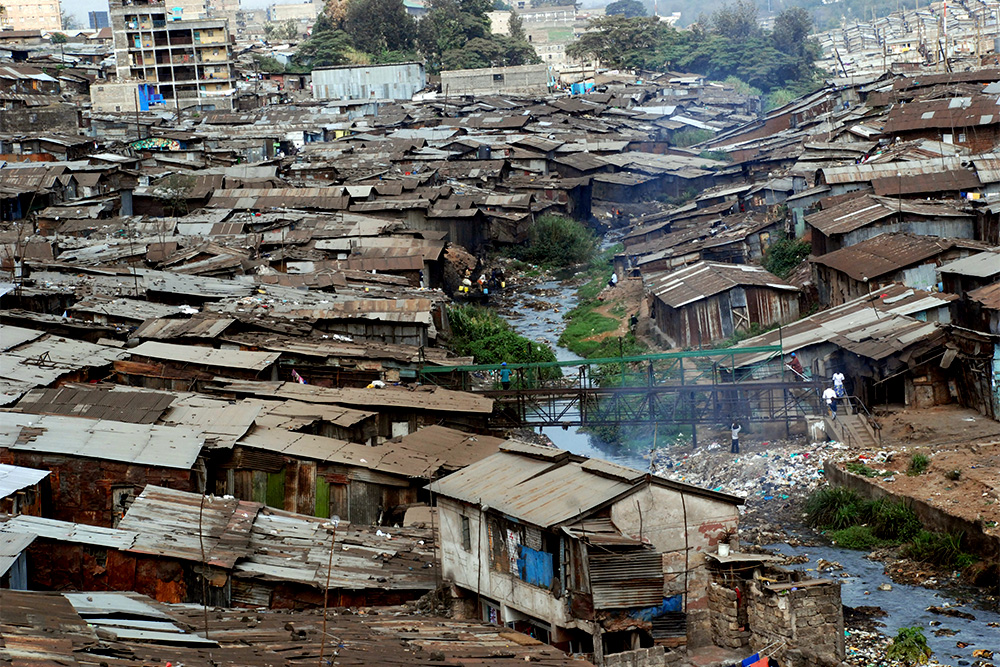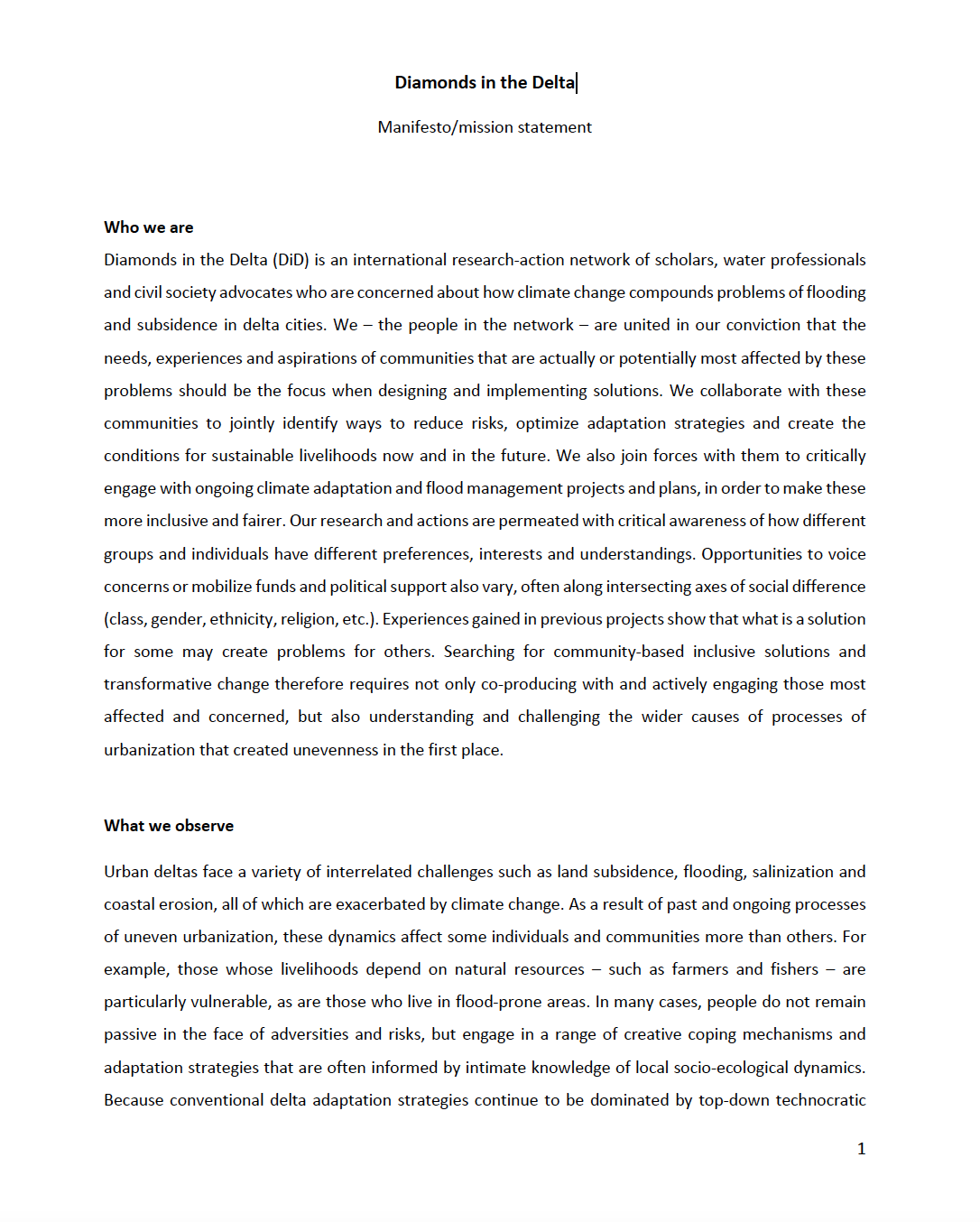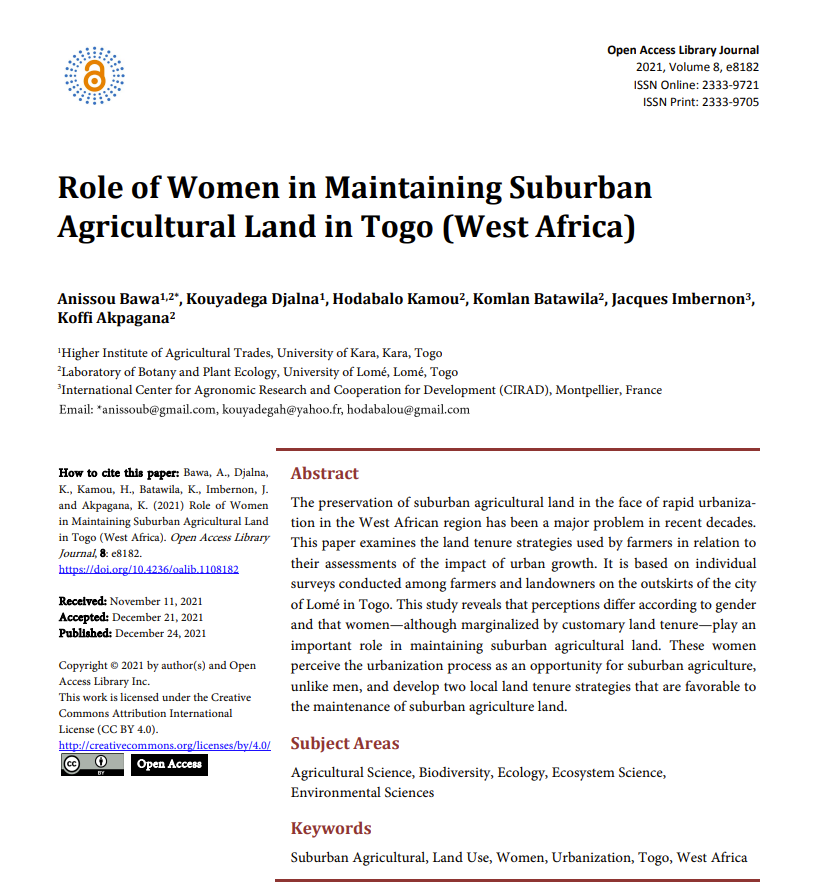Climate Smart Agriculture in Uganda
Population growth, rapid urbanization, and dietary changes are placing tremendous pressure on food systems, particularly in developing countries. Based on current income, population and consumption trends, the Food and Agriculture Organization of the United Nations (FAO) estimates that, by 2050, some 50 percent more food will be needed to satisfy the extra demand compared to 2013 (Alexandratos and Bruinsma, 2012). The challenges posed by rapid growth in food demand are intensified by the effects of climate change on agricultural systems, including crops, livestock, forestry and fisheries.







